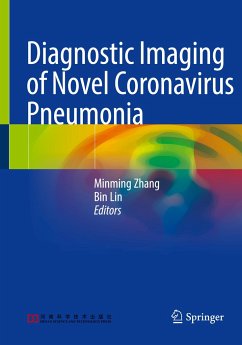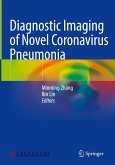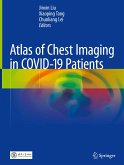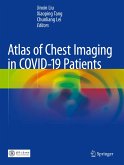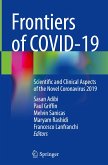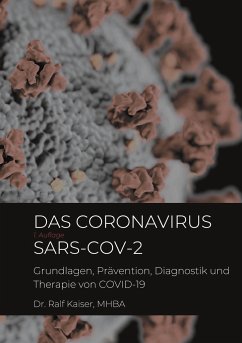This book presents radiological findings in patients with 2019 Novel Coronavirus Pneumonia (COVID-19). It starts with a general review of COVID-19 Pneumonia discovery, including etiology characteristics, transmission routes and pathogenic mechanisms. In the following chapters, details in clinical classification, imaging manifestations in different groups, and imaging features of family aggregated coronavirus pneumonia are introduced. In addition, key points in differential diagnosis of COVID-19 Pneumonia are summarized in the last chapter. The book provides a valuable reference source for radiologists and doctors working in the area of COVID-19 Pneumonia.
Hinweis: Dieser Artikel kann nur an eine deutsche Lieferadresse ausgeliefert werden.
Hinweis: Dieser Artikel kann nur an eine deutsche Lieferadresse ausgeliefert werden.
"This book provides a fascinating insight into the Chinese approach to COVID-19 diagnosis early in the pandemic. It includes a wealth of good quality unenhanced thoracic CT examples of acute and early disease follow-up, and is best viewed as a supplementary text due to the paucity of alternative imaging modalities and repetition of 'typical' cases." (Pia Charters, RAD Magazine, July, 2021)

